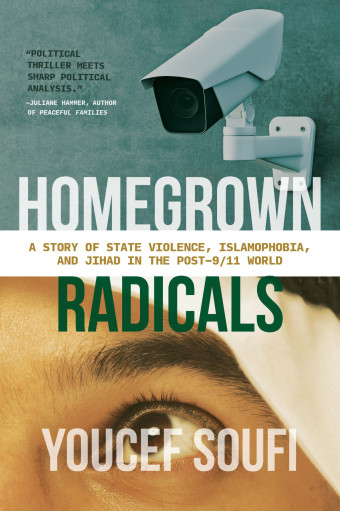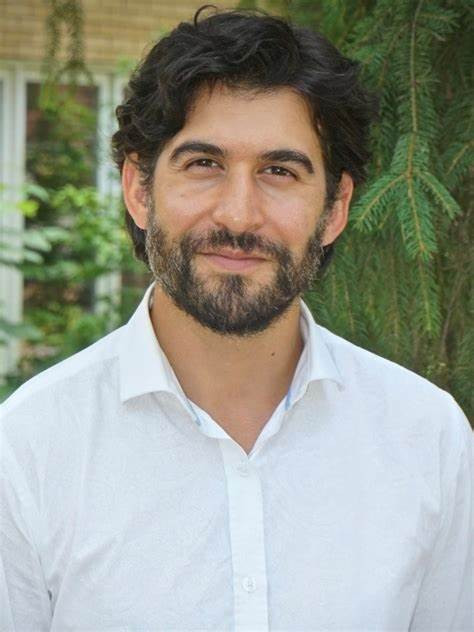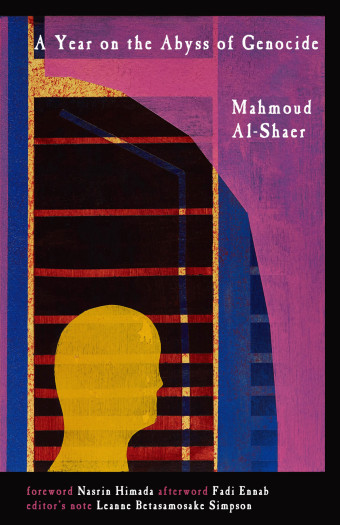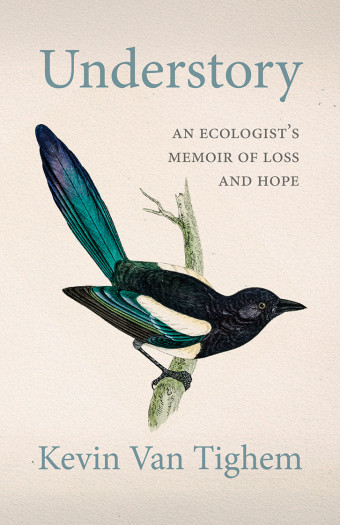What are the consequences of the “War on Terror”? Homegrown Radicals: A Story of State Violence, Islamophobia, and Jihad in the Post-9/11 World investigates this question by looking at two figures thought to represent Muslims since 9/11: the homegrown radical versus the moderate.

- Homegrown Radicals
- Youcef Soufi
- University of Regina Press
- $29.95 Paperback, 272 pages
- ISBN: 978-17-79400-61-1
Author Youcef Soufi presents the tensions between these two stereotypes as a framework for the story of three Muslim men he knew during his undergraduate years at university in Winnipeg. The men disappeared in March 2007 and were suspected of joining a jihadist organization overseas.
“After testifying at the U.S. trial of one of the men in 2017, I knew the story in the media was partial at best. It followed a tired, and frankly racist, narrative of seemingly ‘ordinary’ Muslim men who suddenly turned into ‘homegrown radicals,’ raising fears that any Muslim might turn to violence,” says Soufi, who is a researcher in Islamophobia with the Institute for the Humanities at the University of Manitoba.
Soufi also discusses impacts on people who knew the men, as well as on Winnipeg’s Muslim community.
“One interviewee in the book tells me that when the men left, ‘they left a mess behind.’ I wanted to document that mess. I feel that the consequences of a tragedy like this on Muslim communities are incredibly obscured in the media. Part of that tragedy is the hypersurveillance of the state, which impacted many Winnipeg Muslims in unpredictable but very harmful ways,” Soufi explains.
The biggest challenge Soufi found when researching the book was finding willing Muslim interview subjects because “security agencies during the War on Terror worked on the model of guilt-by-association.”
Numerous interviewees expressed fear for their safety if they were included by name. At one point, Soufi was asked if he was an undercover CSIS or RCMP agent.

Although the book was initially intended for an academic audience, the publisher decided to target a general readership – something that concerned Soufi at first due to the complexity of the sensitive subject matter. He realized, however, that it made sense.
“The book is constructed around a mystery: what happened to the three men and why? The critical analysis is woven into the gradual revealing of the mystery, and that, in itself, makes it relevant to a broader readership.”
Homegrown Radicals is also more readable for non-academics due to the intimate voice Soufi brings to his work, which sometimes reads like a memoir because of his uniquely personal connection to the topic.
“My positionality allows me to interrogate questions that others can’t,” he says. “For instance, who were the men before they left? Or how do traditional Muslim ideas about war and peace differ from those they adopted?”
Soufi says the questions addressed in Homegrown Radicals continue to be relevant.
“Today, again, we must ask ourselves: what justifications does our state give to support the death, occupation, and political oppression of peoples abroad? I have Gaza and Palestine in mind. How do we diminish the importance of their lives? And what will be the consequences – for us, for them, for international law?,” he says.
“Can we perhaps move beyond a political state of affairs where some lives matter and others don’t? Are there forms of international solidarity that can get us there?
“My book tries to grapple with these questions.”













